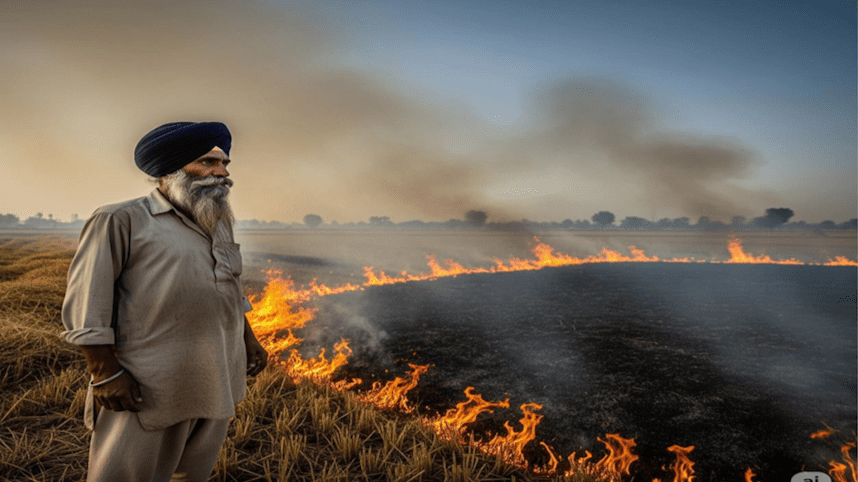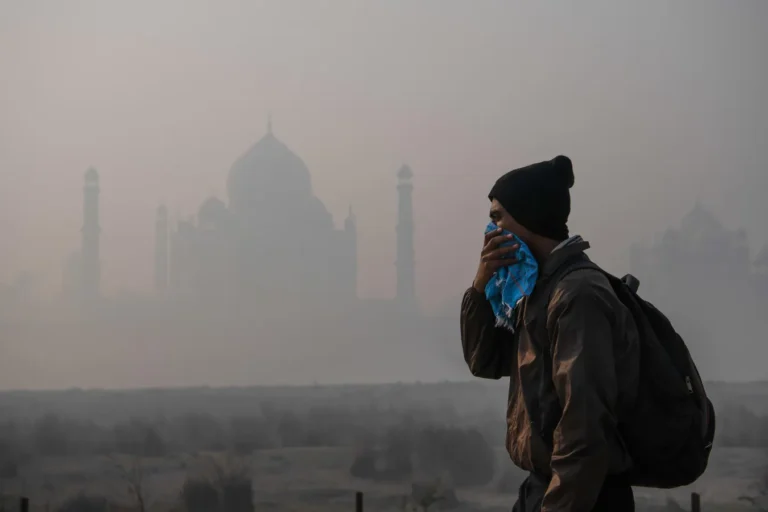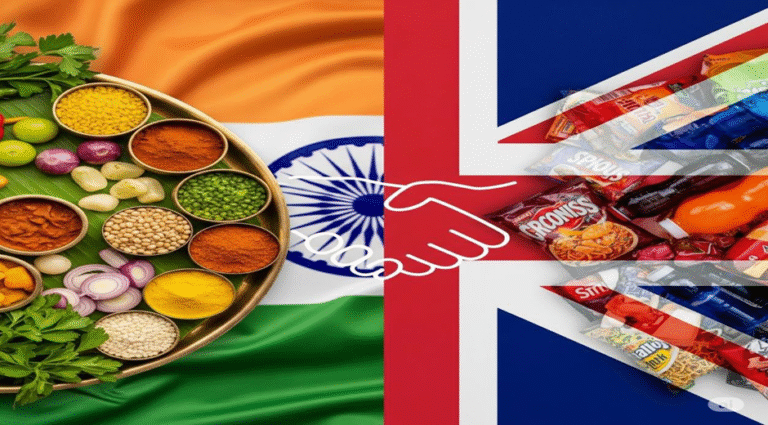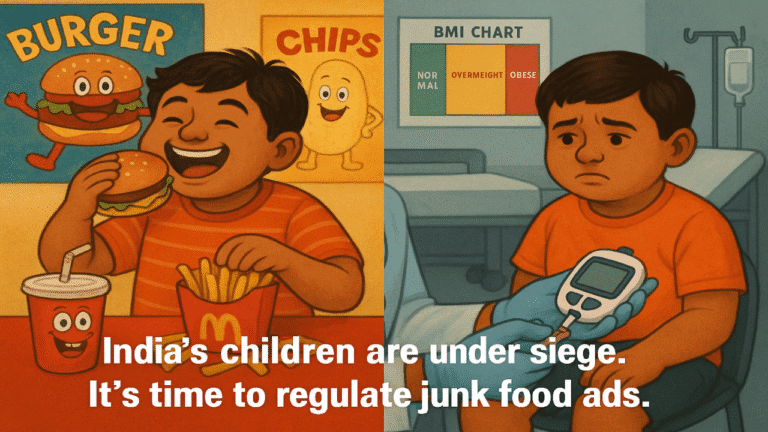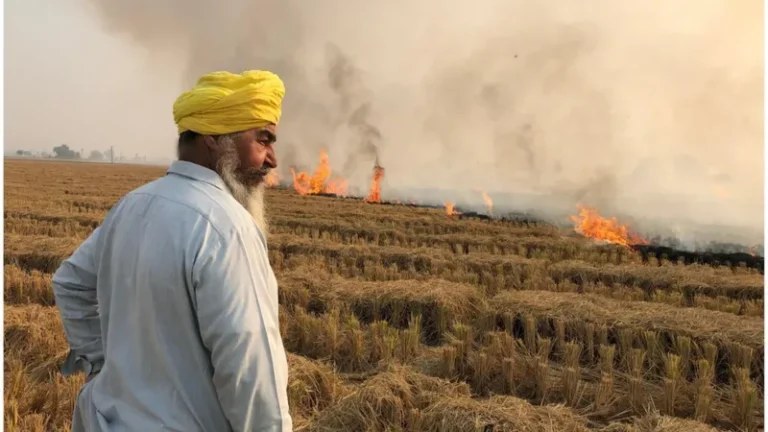Winter is Coming. For North India, It Brings a Man-Made Smog Instead of Snow
Winter is coming. Not the ‘Games of Thrones’ kind from HBO’s dragons and politics, but the real one heading to Northern India. The AI-generated image tells part of the story. Here’s the rest.
Winter is coming. And for 30 million people in Northern India, it doesn’t bring snow; it brings a toxic smog that chokes lungs, shuts schools, and creates a public health emergency. The annual blame game is a predictable farce: farmers are vilified, governments trade accusations, and weather patterns are blamed. But this is a deliberate distraction from an uncomfortable truth: this crisis is not an accident; it is a policy-made disaster.
“I know stubble burning ruins the soil,” says Gurpreet Singh, a farmer in Sangrur. “But without subsidies for alternatives, what choice do I have?” His words are not an excuse, but an indictment of a system that has failed him.
This isn’t a story of farmer recklessness. It’s a story of systemic betrayal.
Stubble burning—the quickest way to clear 20 million tonnes of paddy straw in a crushing 15–20-day window—is a symptom of a deeper disease. The real culprit is a damaging agricultural monoculture imposed by the Green Revolution and perpetuated by decades of political cowardice.
Punjab, once India’s celebrated “Granary,” is now an ecological ghost of its former self, and the numbers are terrifying:
- Water Apocalypse: According to the Central Groundwater Board, a staggering 79% of the state’s assessment blocks are ‘over-exploited’ [Source: CGWB]. The water table is plummeting.
- Soil Death: Decades of chemical-intensive farming have destroyed soil health, creating a vicious cycle of dependency.
- The Paddy Trap: Paddy requires 30+ irrigations vs. wheat’s 5. Free power for agriculture encourages this water-guzzling, creating a perfect storm.
- The Law of Unintended Consequences: The Punjab Preservation of Subsoil Water Act (2009), meant to save water, backfired spectacularly. By legally delaying paddy sowing, it shrunk the window for preparing fields, making burning the only logical choice for farmers.
Promises of solutions like the Happy Seeder or bio-decomposers like PUSA are a smokescreen. They are expensive, subsidies are unreliable, and supply chains are broken. This is not a failure of technology; it’s a failure of political will.
Where’s the Political Will? The Unholy Alliance of Silence
While farmers are fined and shamed, the architects of this crisis face no accountability. No political party—BJP, Congress, or AAP—has shown the courage to break the cycle. They glorify the Green Revolution but refuse to modernize it for the 21st century.
The system is rigged. The Minimum Support Price (MSP) regime overwhelmingly favors paddy and wheat, making diversification into water-smart crops like pulses, millets, and oilseeds a financial suicide for farmers. The political courage to restructure MSP is non-existent.
The solutions are known, but ignored:
- Restructure MSP to actively promote sustainable crops.
- Shift paddy cultivation to water-rich eastern states like Bihar and Bengal.
- Massively invest in community-level machinery and robust supply chains for alternatives.
- Promote short-duration paddy varieties (like PR-126) that need less water and leave more time for sowing.
Let’s be unequivocally clear: Stubble burning is not the disease. It is a symptom of a terminal political failure. The smoke choking Delhi is the smell of burning policies, of broken promises, and of a system that has sacrificed its farmers and its citizens at the altar of political expediency.
Next time you struggle for breath on a smoggy November morning, remember Gurpreet. He is not the arsonist; he is a hostage. The system he feeds is now suffocating us all.
This is not a pollution crisis. It is a profound political and moral crisis.

